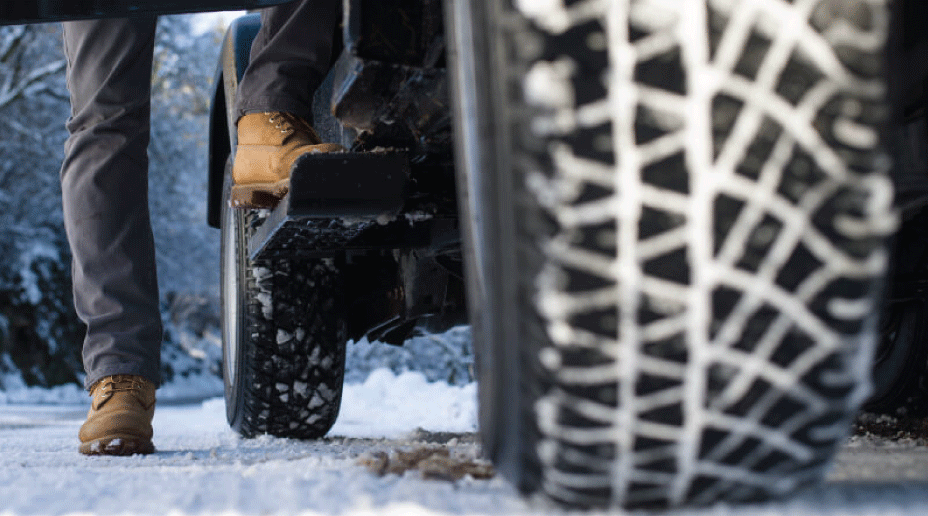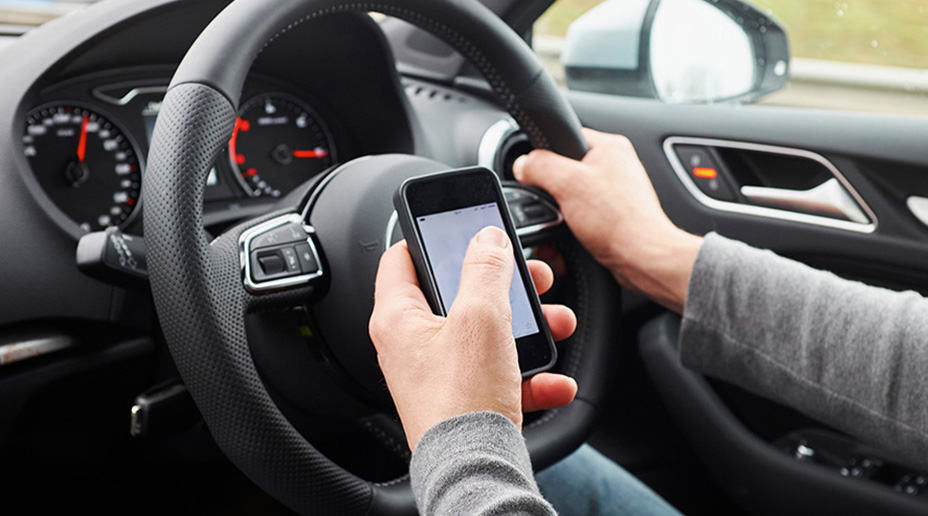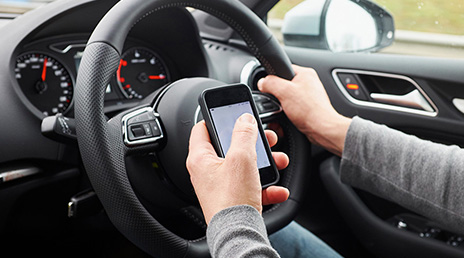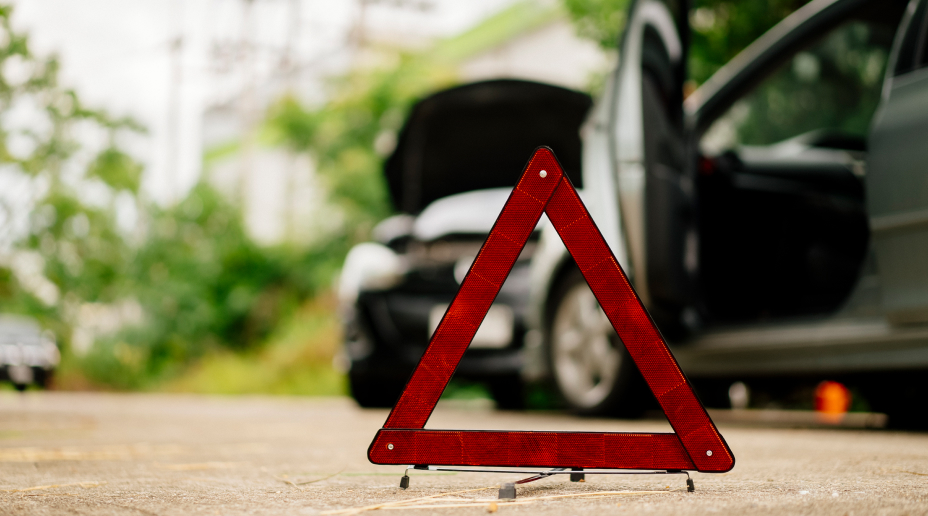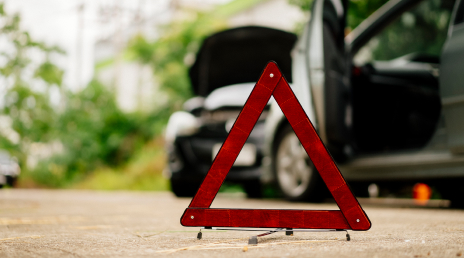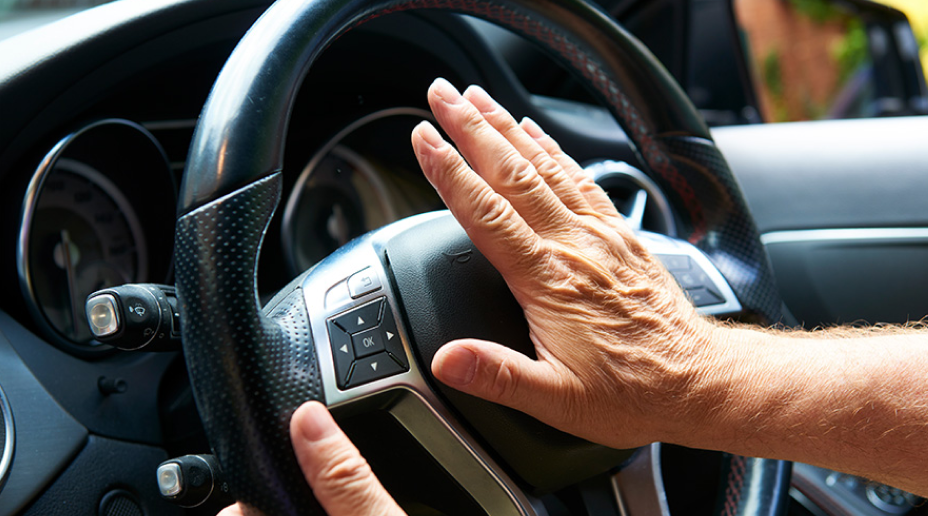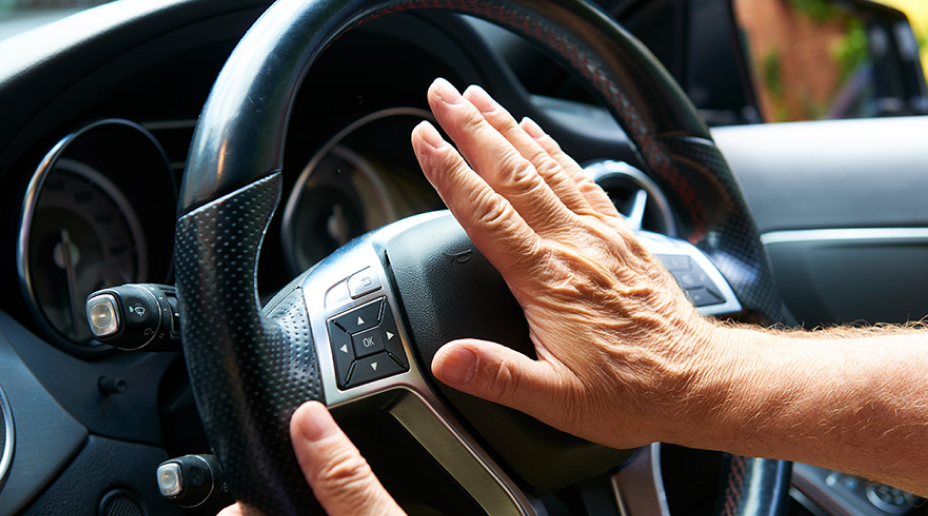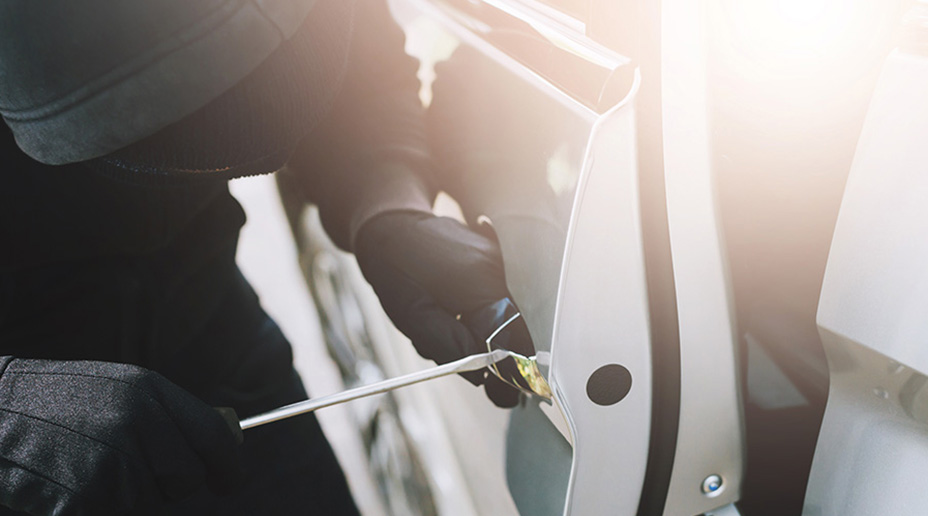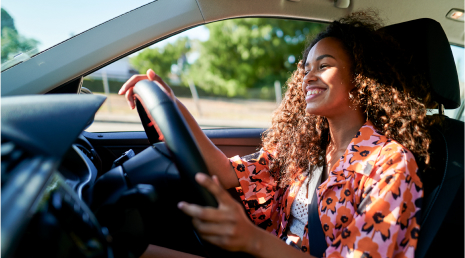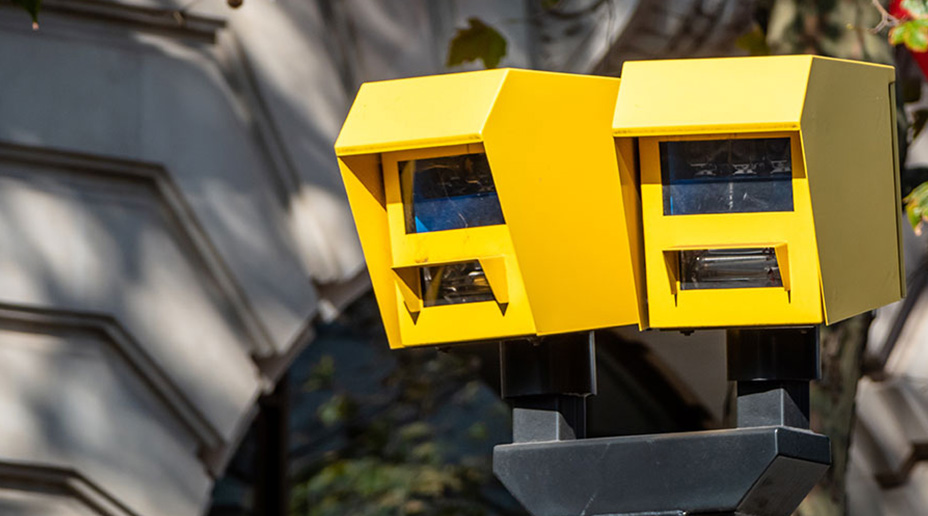How to check you’re safe to drive
Making sure you’re eyesight and general fitness meet DVLA requirements is something everybody needs to do, regardless of age. It’s an important part of staying safe on the roads… but do you know how to check your driving fitness?
If you’re on medication or have any health issues, it’s important to take caution and check you're in a fit state to drive. And, if you’re over 70, you’ll need to renew your licence every three years.
- ● Check you’re fit to drive by getting your eyes tested regularly.
- ● Get in touch with the DVLA if you think a friend or family member may not be fit to drive.
- ● If you have a medical condition and don’t declare it to your insurer or the DVLA, you could receive a £1,000 fine or have your licence taken away.
What do we mean by ‘driving fitness’?
The DVLA (Driver and Vehicle Licensing Agency) have set certain medical requirements for drivers known as your ‘fitness to drive’. For example, can you read a number plate from 20 metres away? How’s your general health? Are you fit enough to be considered safe on the roads? This includes keeping to the laws concerning alcohol and drugs.
You’re also required to keep a valid driving licence and declare if there’s any change to your health.
How do I check if I’m fit to drive?
-
Regular eye tests
-
Check in with your local doctor
-
Look out for side effects
-
Know your limits
-
Be honest
-
Get assessed
Read the labels on medication or speak to your pharmacist or GP. Some medications have possible side effects that may impact your fitness to drive.

Which health conditions can affect driving fitness?
You’re legally required to tell your car insurer of any medical condition, including diabetes, that could affect your driving ability. While diabetes may not make a difference to your car insurance, if you need to treat it with insulin it may affect your price.
Here’s a list of some of the common conditions drivers are required to declare on their car insurance and tell the DVLA.
-
Changes to your eyesight
-
Neurological conditions
-
Physical conditions
-
Blood sugar conditions
What if I think someone’s not fit to be driving?
Knowing how to approach the subject will help if you want to talk to someone you know, like an older driver, about potentially hanging up the keys. Unless the DVLA needs to get involved, it’s ultimately up to the driver but it’s vital you talk to them if you think they’re no longer fit to drive or you have any safety concerns (for them or other road users).
Listen to what they have to say first – it’s a tough decision that may mean a sacrifice in terms of their mobility, freedom and self-sufficiency. Have a think before you arrange the chat and research different ways they’ll still be able to get about.
Here are a few things you might like to mention when discussing the topic of giving up driving:
-
Alternative means of travel
-
Modifications
-
Getting assessed
Remember to tread carefully and demonstrate a level of understanding when you approach this topic, though. You’d forgive them for reacting defensively when you first mention giving up driving. If they get angry or upset, be patient. Take a breather or have a cup of tea before trying again. They may be glad to have your support.
If you're worried about someone that’s still absolutely against taking themselves off the road, you can get in touch with the DVLA. But take a minute to think about how else you might encourage them to stop driving before taking this step, as it could affect your relationship in the long term.

